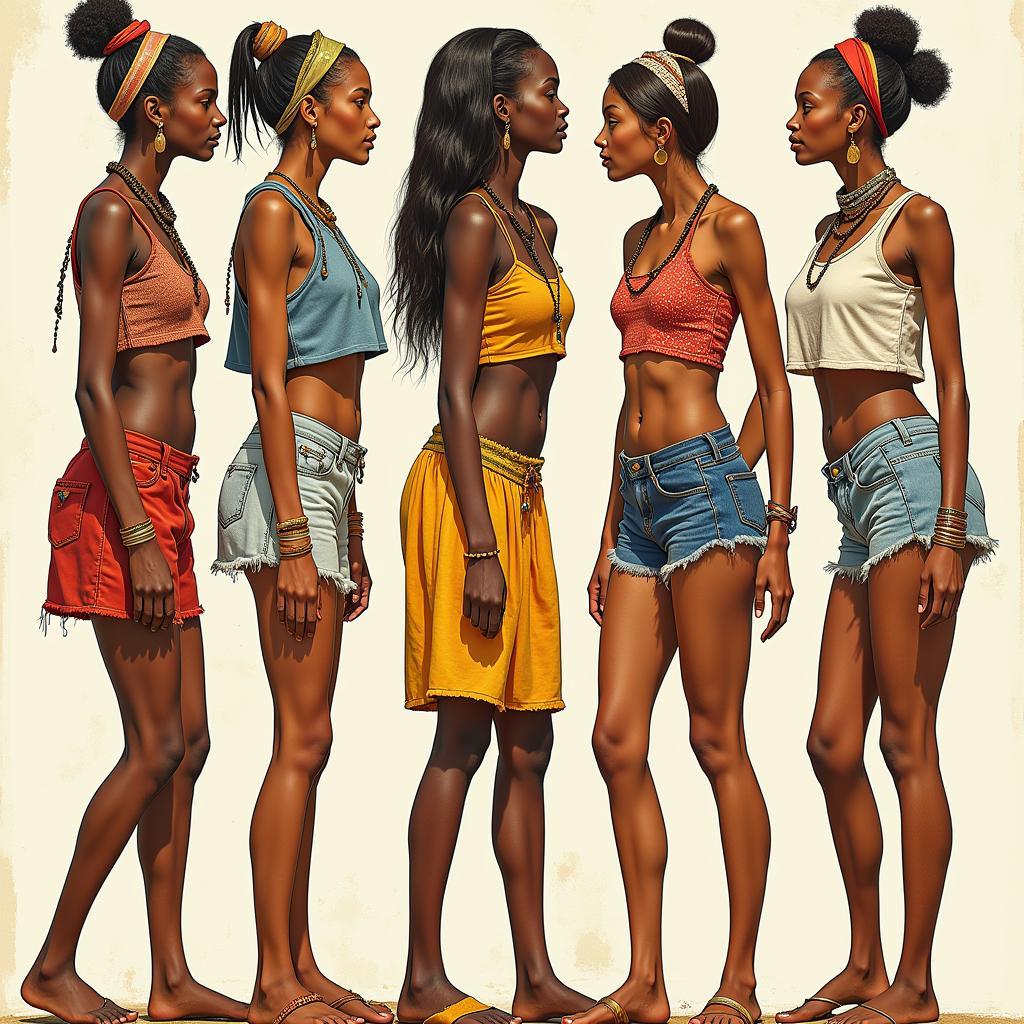Exploring the Profound Impact of African American Playwrights
African American Playwrights have made an indelible mark on the American theatrical landscape, using their voices to explore themes of race, identity, social justice, and the complexities of the human experience. From the early twentieth century to the present day, these talented writers have challenged conventions, provoked dialogue, and illuminated the multifaceted realities of African American life.
A Rich History of Storytelling and Activism
The history of African American playwrights is deeply intertwined with the struggle for civil rights and equality. In the face of discrimination and prejudice, theater became a powerful platform for Black artists to share their stories, challenge stereotypes, and advocate for social change.
One of the earliest and most influential figures was Lorraine Hansberry, whose groundbreaking play “A Raisin in the Sun” (1959) depicted the realities of a working-class Black family in Chicago. This seminal work broke new ground with its realistic portrayal of Black characters and its exploration of themes like racism, segregation, and the American Dream. Hansberry’s work paved the way for generations of Black playwrights to come.
Voices of Resilience and Resistance
The latter half of the 20th century saw the rise of the Black Arts Movement, a cultural renaissance that celebrated Black identity and challenged white supremacy. Playwrights like Amiri Baraka (formerly known as LeRoi Jones) and Ntozake Shange emerged during this era, using their work to explore themes of Black liberation, cultural identity, and revolutionary politics.
Baraka’s plays, often experimental and politically charged, challenged audiences to confront the realities of racism and oppression. Shange’s innovative choreopoem, “for colored girls who have considered suicide / when the rainbow is enuf” (1975), gave voice to the experiences of Black women with a unique blend of poetry, music, and dance.
Contemporary Voices: Shaping the Future of Theater
Today, a new generation of African American playwrights continues to push boundaries and redefine the possibilities of theater. These artists are tackling a wide range of contemporary issues, from police brutality and mass incarceration to LGBTQ+ rights and the complexities of interracial relationships.
Playwrights like Branden Jacobs-Jenkins, Lynn Nottage, and Dominique Morisseau have garnered critical acclaim for their innovative and thought-provoking work. Jacobs-Jenkins’s plays often deconstruct race and representation, while Nottage’s work often sheds light on marginalized communities and social injustices. Morisseau’s plays delve into the complexities of family, community, and the African American experience.
The Enduring Legacy of African American Playwrights
The contributions of African American playwrights extend far beyond the stage. Their work has sparked critical conversations, challenged societal norms, and inspired countless individuals. By giving voice to the marginalized and amplifying the stories of the African American experience, these playwrights have enriched the American cultural landscape and helped to shape a more just and equitable society.
Their work serves as a testament to the power of storytelling and its ability to ignite change. As we continue to grapple with issues of race and identity in the 21st century, the voices of African American playwrights remain more vital than ever.


